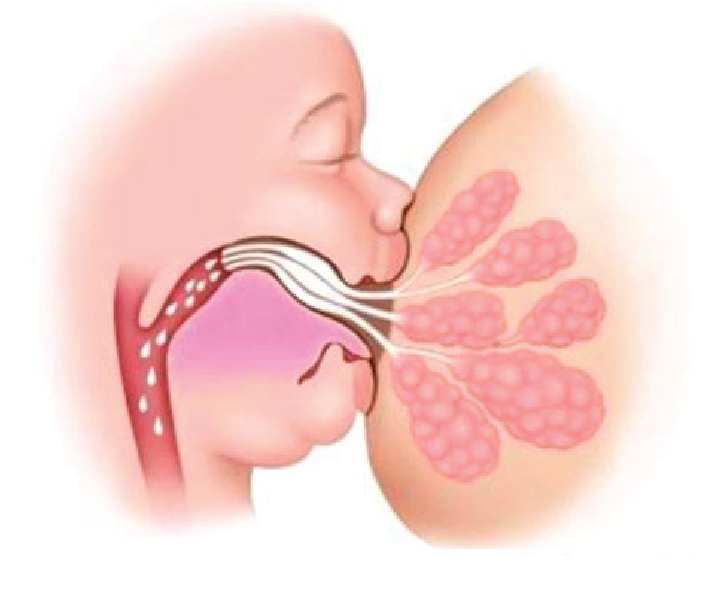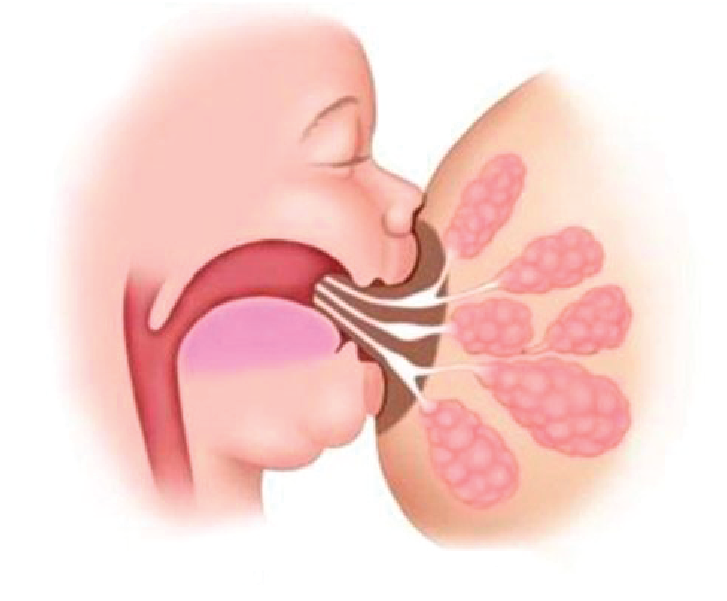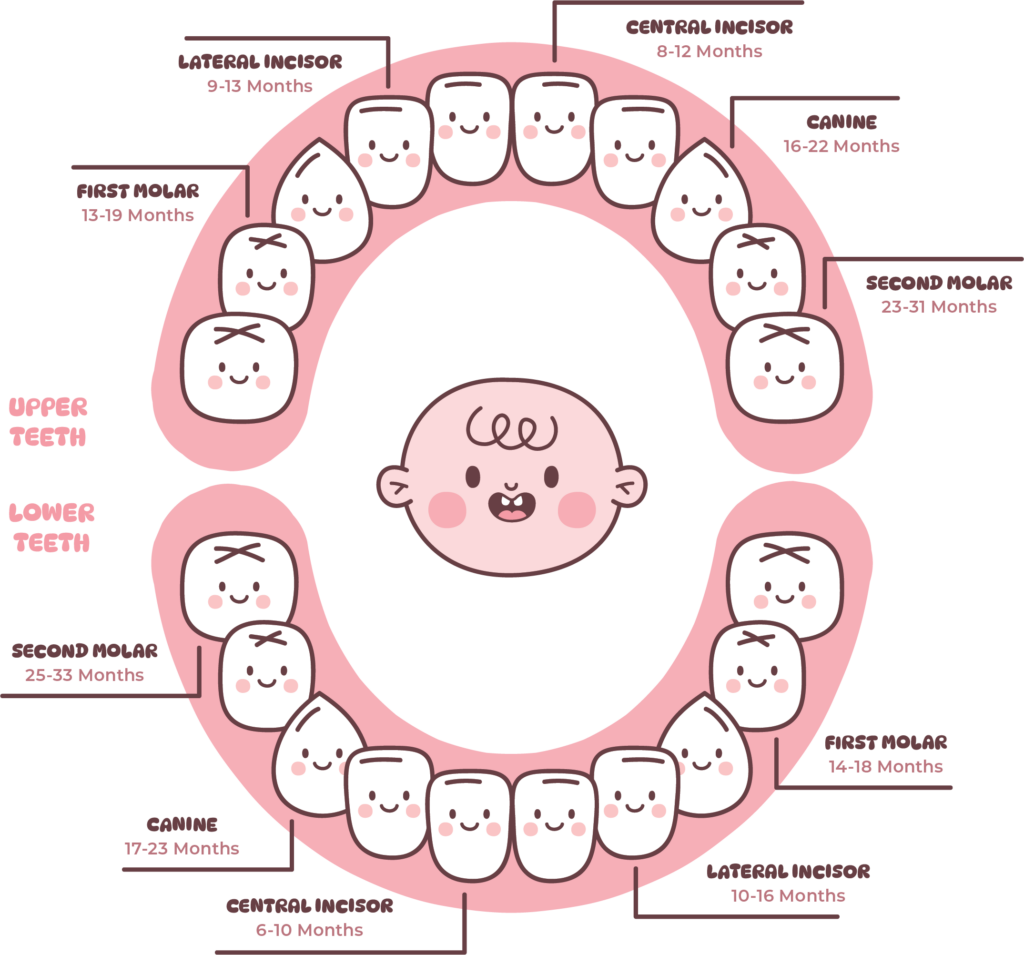Breastfeeding is widely recognized for its numerous health benefits, including providing essential nutrients and fostering a strong bond between mother and child. However, the influence of breastfeeding extends beyond nutrition and emotional connection— it plays a crucial role in the early development of a child’s oral and facial structures. This article explores how breastfeeding impacts orthodontic health and discusses the complications that can arise.


Guiding Teeth Eruption: The rhythmic movement of the tongue during breastfeeding applies consistent, gentle pressure against the palate (roof of the mouth). This pressure helps guide the teeth as they erupt, ensuring that they come in at the correct angle and in the right position.
Supporting Proper Spacing: Adequate spacing between teeth is crucial for avoiding overcrowding, which can lead to misalignment and bite issues. A well-shaped palate reduces the risk of dental crowding and future orthodontic issues. This natural widening of the palate during breastfeeding is a critical factor in ensuring that the teeth have enough space to erupt in alignment, minimizing the need for corrective dental procedures later in life.
If you’re interested, you can check out our Jaw Growth and Development page to learn more.
